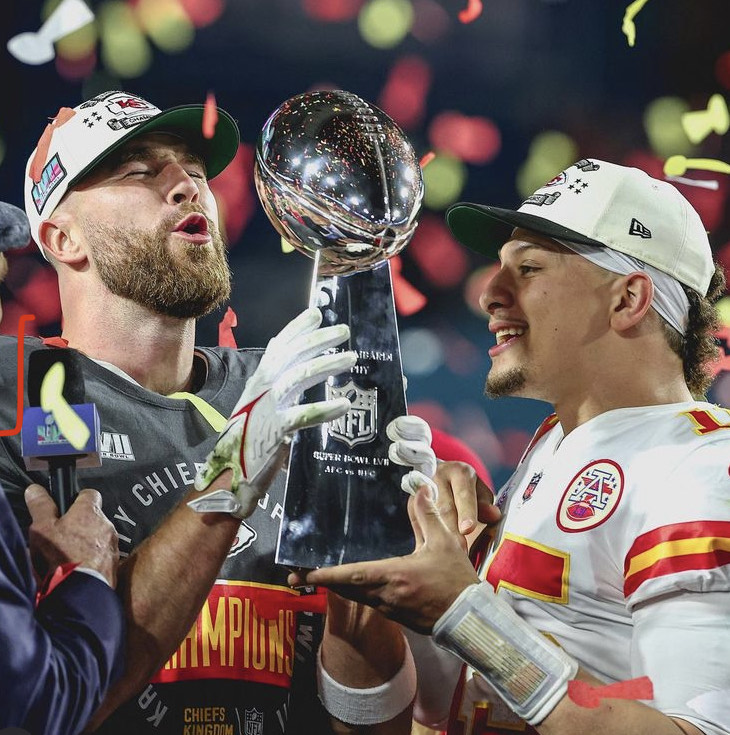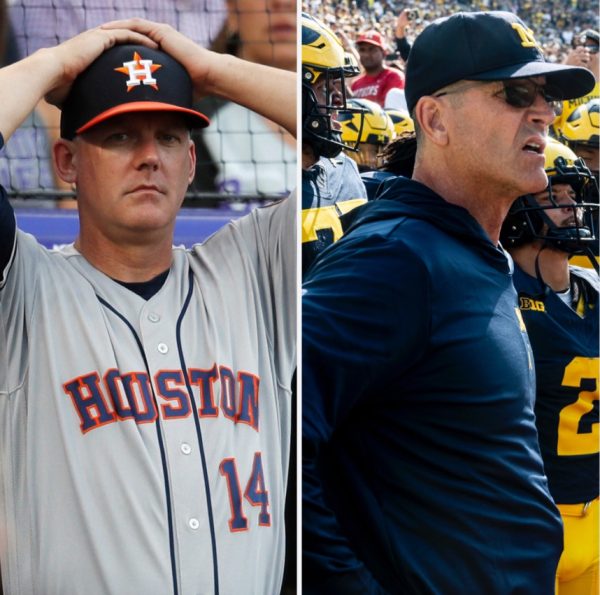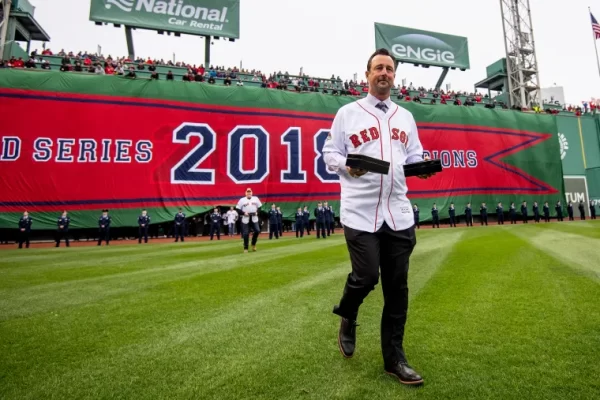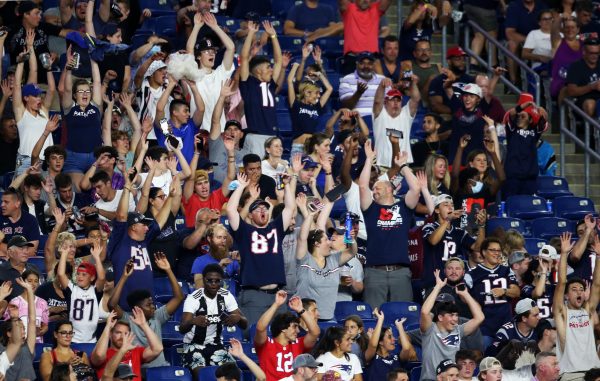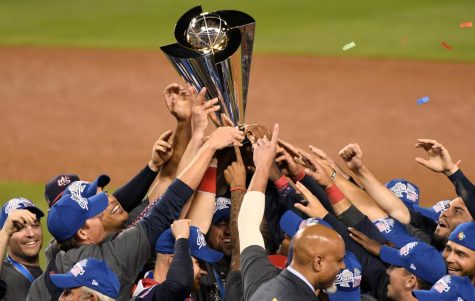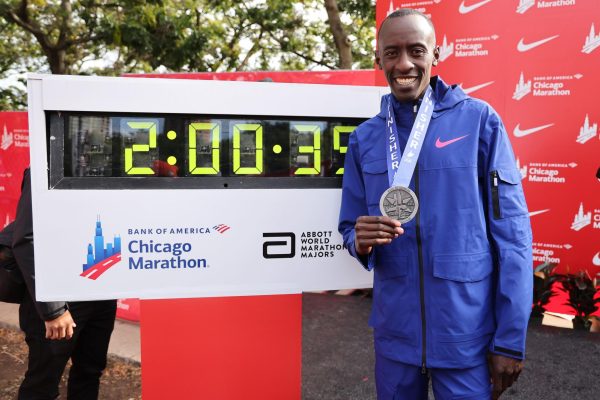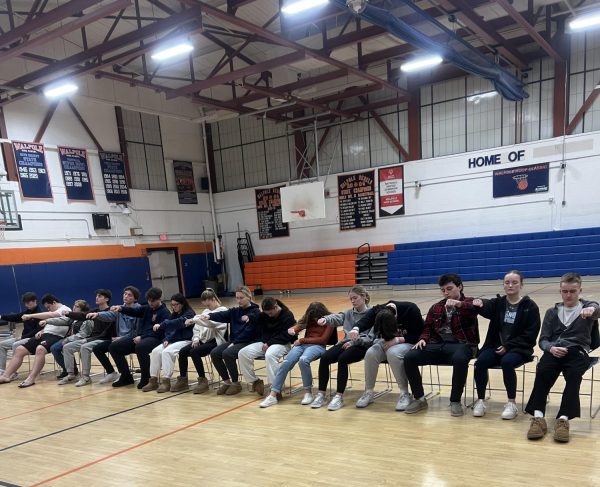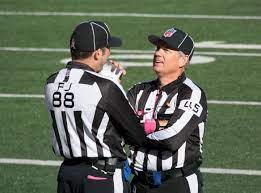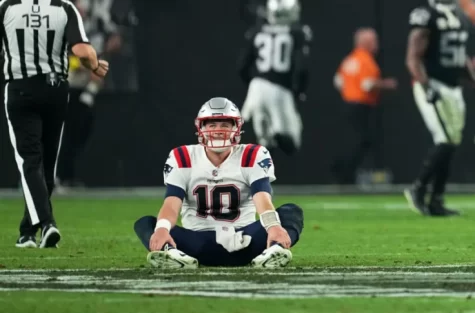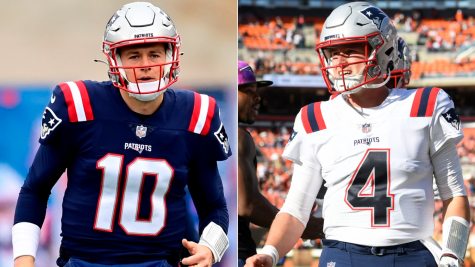Kansas City Chiefs Win Super Bowl LVII
On Feb. 12, the National Football League (NFL) season came to a close with the Kansas City Chiefs winning their third Super Bowl in franchise history and second in four years. The Chiefs defeated the Philadelphia Eagles 38-35 in a game that went right down to the final seconds, but ended in such an anticlimactic way for a game that had all the action.
The Chiefs and the Eagles both had league-best regular seasons as each team finished with a record of 14-3, but the narratives surrounding their seasons were relatively different. During the off-season, the Chiefs lost one of the biggest playmakers in the league in wide receiver Tyreek Hill to the Miami Dolphins. Consequently, reporters and analysts for the NFL believed that the Chiefs would take a major step back, some were even going as far to say that they would no longer contend for a championship. This noise, however, only proved to be added motivation for quarterback Patrick Mahomes and the rest of the team. From the first game on, the Chiefs were able to put together a solid regular season. Tight end Travis Kelce stepped up as the best offensive weapon for the Chiefs, and he thrived in that role, finishing the regular season with 12 touchdowns and 110 receptions.
On the other hand, the Eagles were praised going into the season for their depth. By acquiring star wide receiver A.J. Brown from the Titans in April, the Eagles solidified an already potent offense, which paired with a dominant defense. The Eagles won their first eight games of the season on their way to earning the first seed in the National Football Conference (NFC). However, this success could not go without critique, as analysts and fans around the nation claimed that the Eagles schedule was too easy in comparison to other contenders. If anything, this talk only proved as added motivation as the Eagles steamrolled through the NFC, defeating both the New York Giants and San Francisco 49ers by at least 24 points.
The storyline to Super Bowl LVII was as amped up as ever. Two teams of great success, who were each looking to capture their second championship in the last six years. For much of the game, the Eagles held the lead. The Eagles scored two touchdowns, to which the Chiefs responded to tie the game at 14 apiece. Before halftime, the Eagles started to pull away and rattled off ten points, giving them a 24-14 lead.
The second half, though, was largely controlled by the Chiefs. The Chiefs scored three touchdowns by the midway point of the fourth quarter, while all the Eagles tacked on was a field goal, making the score 35-27. With five minutes remaining in the game, the Eagles quarterback Jalen Hurts ran in for a touchdown and a two-point conversion to tie the game at 35.
While the Eagles had crawled their way back to salvage some momentum, the Chiefs got the ball back with five minutes left to spare. In the most fundamental way possible, they were able to drain the clock, with the help of a controversial defensive holding penalty on a third down, and kick a game winning field goal. Unfortunately, the ending of the game proved to be a lot less exciting than the previous 55 minutes of action; however, Super Bowl LVII lived up to expectations in the fact that it was a high scoring, explosive battle between two great teams.

Liam McDonough, class of 2023, is the Opinion Editor for the Searchlight. At Walpole High School, he is a member of the National Honor Society. In...


